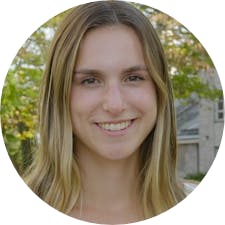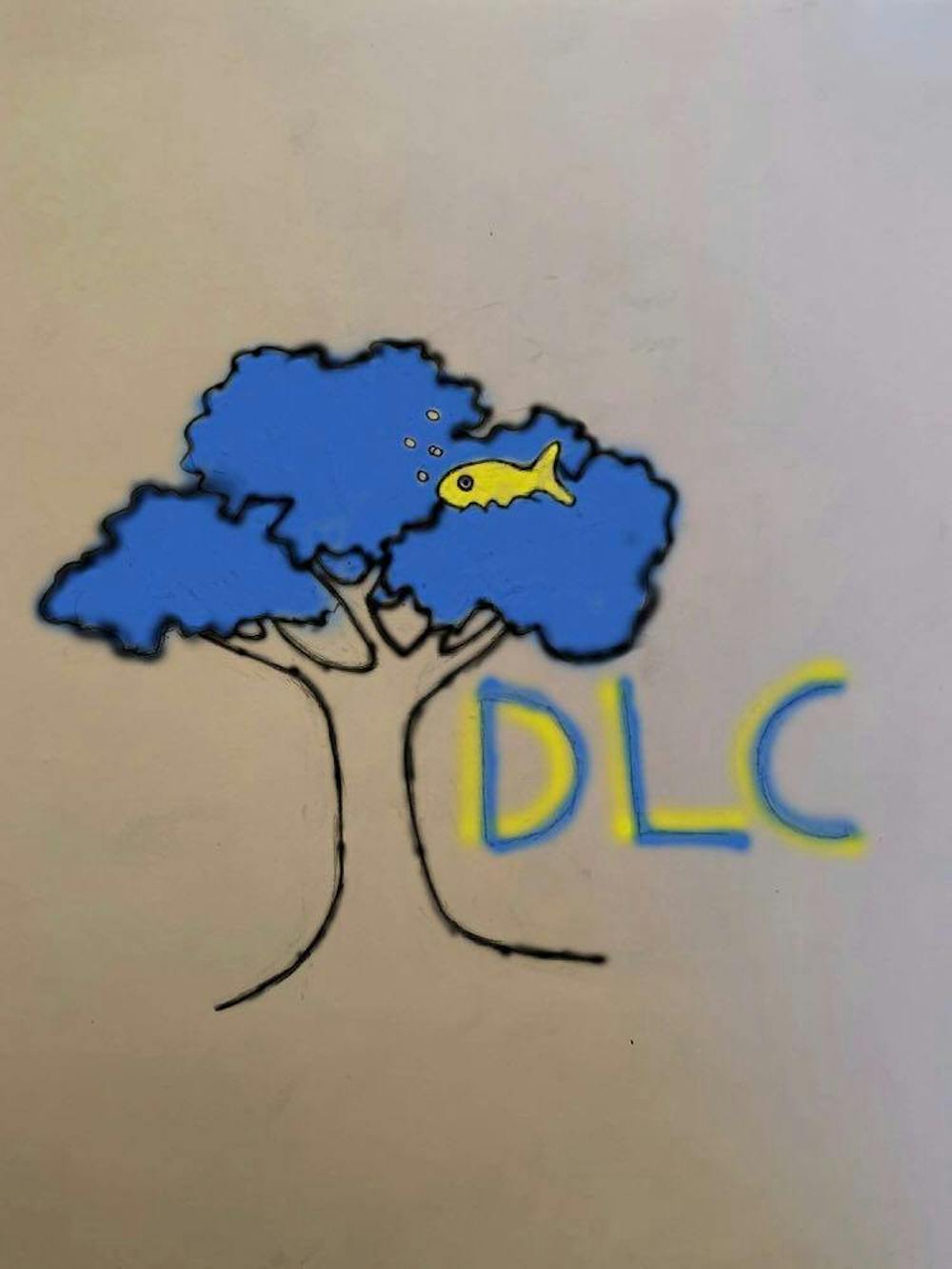One out of every six Middlebury students has contacted the Disabilities Resources Center (DRC) for disability-related accommodations, according to its website. ADA coordinator Jodi Litchfield says that half of these students have a learning disability or attention disorders, and a further 30% have psychological disabilities.
But the campus rarely talks about the academic, social and emotional issues neurodivergent students face — nor takes notice of their presence, according to Isaac Byrne ’21. He is attempting to bring this “ghost community” to life through the creation of the Divergent Learners Collective (DLC), a new student club focused on supporting and advocating for neurodivergent students — a category that includes students with dyslexia, dyscalculia, ADHD and other divergences.
“Mentally, I at least felt like I was going through the experience [of being a divergent learner] alone,” Byrne said. “It felt necessary to bring people together around a sort of common space.”
The DLC hopes to fill a hole in activism on a campus that does not often acknowledge the experience of people with a disability or adjacent conditions, according to Byrne. Through meetings and initiatives, the Divergent Learners Collective aims to support divergent learners in the same way that other student organizations focused around identity groups do — and to create a dialogue about accessibility.
One such initiative the club is working on is the creation of a handbook for neurodivergent students.
“[The handbook will be] part map for the new generation, and part microscope for the wider community. A lot of people I imagine have no idea what it is like to be a divergent learner,” Byrne said.
The DLC aims to create a living document that older students can use to pass on advice and knowledge from their experience to incoming generations of students. This includes both academic strategies and advice for navigating the emotional and social difficulties that come from being a divergent learner at a school with a neurotypical culture.
The handbook is meant to complement the work done by the Disabilities Resource Center and guide neurodivergent students in how they can best take advantage of those resources.
Middlebury does provide formal accommodations to academically support divergent learners. Extended time, note-taking assistance, assignment extensions and testing environments with reduced distractions can all be approved by the DRC for students who require it, sometimes in just a day with appropriate documentation.
The DRC does not offer specific programming for students with disabilities, but the ADA coordinators are willing to help.
“We’re more than willing to answer any questions that students may have about qualifications or additional support,” Litchfield said in an email to The Campus. For students who identify as having a disability but who may not want formal accommodations, Litchfield suggests contacting the student group Middlebury Students with Disabilities. The CTLR is another resource Litchfield recommends for all students.
Still, the Disability Resource Center primarily works with individual students, and changes are happening on a by-class level rather than institutionally.
Furthermore, the DRC works to review and approve accommodations as efficiently as possible, but issues with paperwork can make getting accommodations challenging.
“One of our members was denied accommodations,” Byrne said. “They have a doctor's note about their divergent learning status that was too old.”
Making testing for divergent conditions more accessible is one of Byrne’s suggestions.“For things like ADHD, if you present female, it's significantly harder to get testing when you're younger, because those symptoms present differently,” he said.
Accommodations can also be outright denied. “A professor can say, I don't think this is fair … those conditions can be taken away,” Byrne said.
While Byrne appreciates the work of the Disability Resource Center (DRC), he believes having a supportive, student-created space on campus is incredibly necessary. Some members of the club, such as Alex Dobin ’22, have also worked with the DRC to update some of the language used on their site in regards to ADHD.
Byrne said he wants divergent learners to know to feel that they are not alone and have someone advocating for them. “Equally, I hope that people who don't have any of those conditions understand how what's normal to them could be a horrendously difficult and emotionally taxing experience for others,” he said.
The DLC is currently going through the process of securing official club approval. Interested students can find more information at go/DLC or via the group’s Instagram or Facebook accounts.
Editor’s Note: News Editor Sophia McDermott-Hughes contributed reporting.

Olivia Mueller '24 (she/her) is a News Editor.
Previously an Arts and Culture editor, Olivia is an International Politics and Economics major with a Spanish minor. Outside of the Campus, she is a spin instructor for YouPower, an avid runner and hiker, and a member of the Middlebury Mischords a cappella group.




